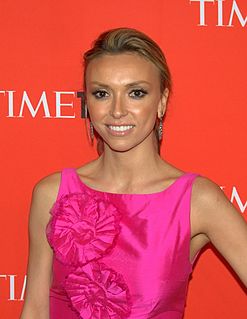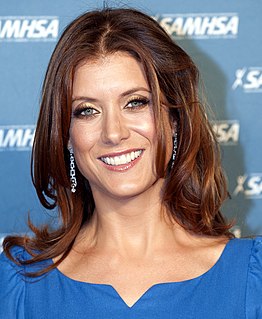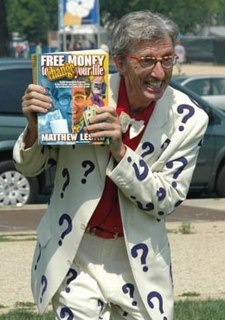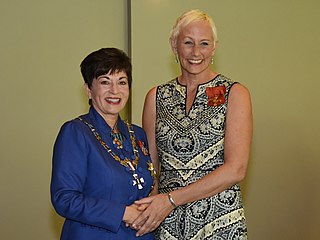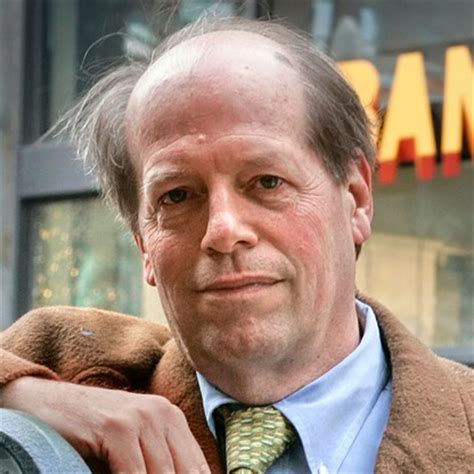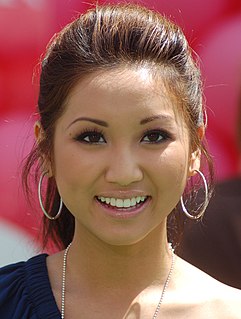A Quote by Giuliana Rancic
I started realizing I could be an example for women to not just be aware of breast cancer but to act on it, to make an appointment, to give themselves an exam.
Related Quotes
Everybody has someone in their life that has breast cancer. It touches femininity, motherhood and sexuality and as Barbara Brenner says in the film, "you get to say breast out loud in public." Big corporations know this and market in a particular way knowing that women make most of the buying decisions in a household.
